Support for Indigenous Peoples
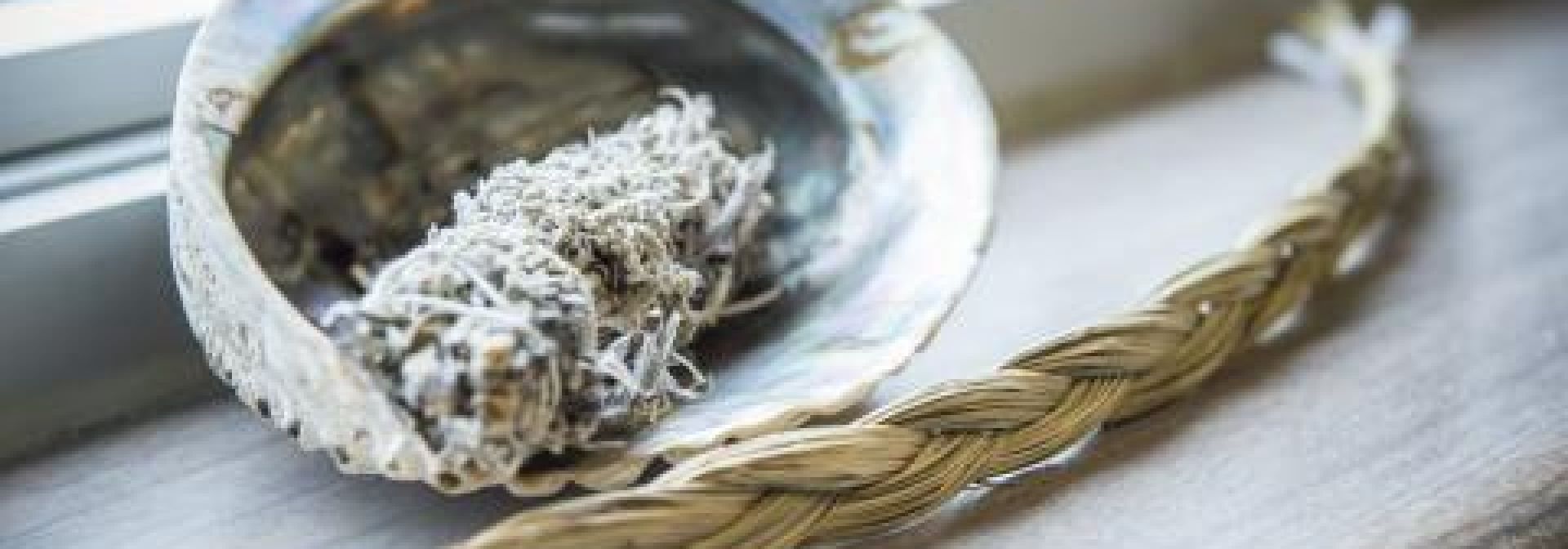
Support is available for people with cancer and their families who self-identify as Indigenous (First Nations, Inuit, Métis or urban Indigenous, with or without status and within or outside of community).
You will be supported through your cancer journey by an Indigenous Navigator.
The Indigenous Navigator works with patients and families by telephone or in person. Support is provided by home visiting, going to appointments, explaining medical information, seeking traditional practices in care, and more.
The Indigenous Navigator can:
To connect with the Indigenous Navigator, talk to a member of your care team or call 613-549-6666 ext. 3851.
No referral is necessary.
The Mamawi room provides a space where Indigenous patients can gather with family and loved ones to perform traditional healing practices while in hospital.
The room is located at the Kingston General Hospital (KGH) site on level 6 of the Connell wing beside the elevator doors and is open at all times for use by patients and their loved ones.
Indigenous health is wholistic and comprised of emotional, mental, physical and spiritual well-being. Recognizing and embracing these cultural differences will provide a balance between the highly clinical world of a hospital and spiritual well-being for patients.
Please ask your health-care team about accessing this room.
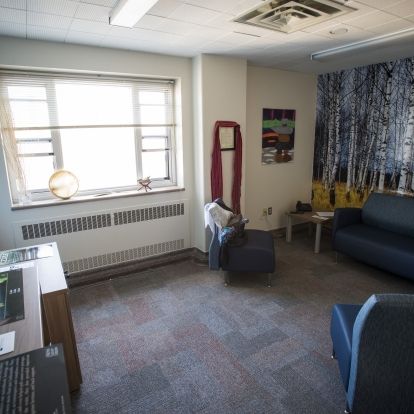
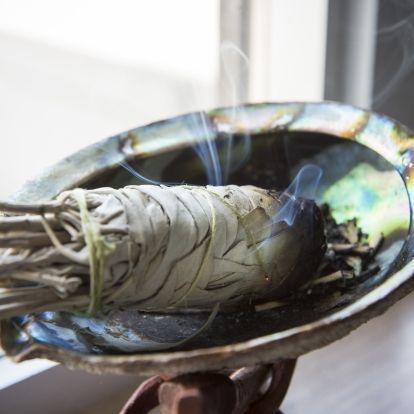
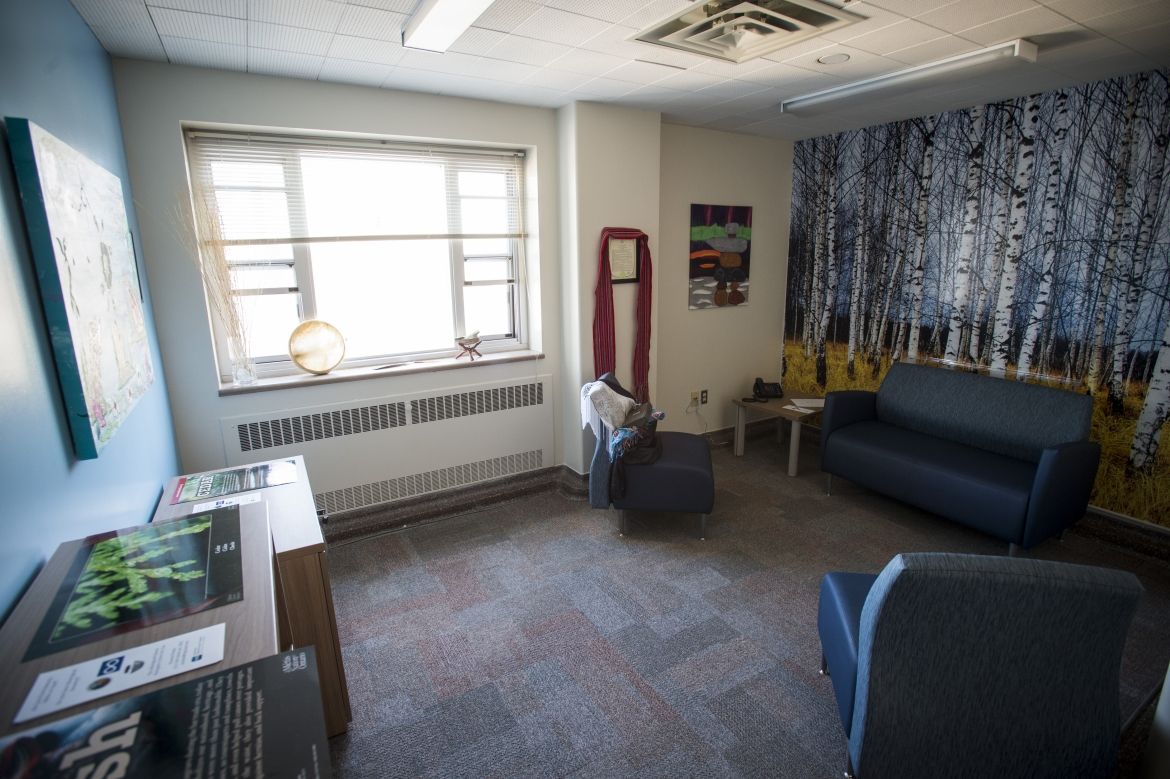
All nations healing room at KGH
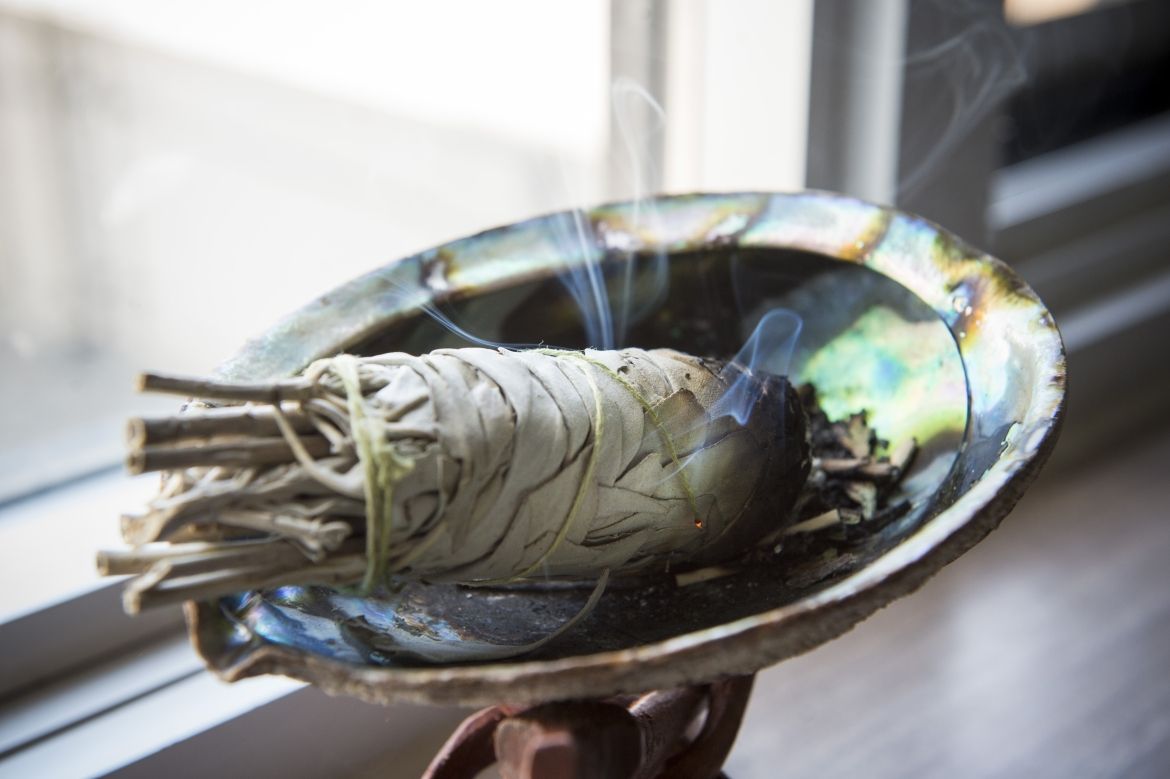
Skennenkowa (great peace to you).
Learn more about the Mamawi Room
KHSC recognizes Indigenous cultural practices, such as smudging, as a wholistic cultural health practice used in the healing of spirit, mind, heart, and body. An Indigenous Cultural Practices policy was steered by KHSC’s Inclusion Team, with input and guidance from Indigenous partners and communities. This policy is in place to protect the rights and freedoms of Indigenous patients who wish to access cultural practices while within the Cancer Centre and the hospital. Our staff has received guidance around Indigenous cultural practices to create a culturally safe experience for Indigenous patients, families, and communities. If you would like to hold a smudging ceremony, please connect with the Indigenous Patient Navigator.
Indigenous peoples have the fundamental right to freely practice their religious and spiritual traditions and to be treated equally and with dignity. These rights are supported by the Ontario Human Rights Code, Canadian Human Rights Act, Canadian Charter of Rights and Freedoms, and the United Nations Declaration of the Rights of Indigenous Peoples.
Learn more about cancer screening, and find dedicated resources for First Nations, Métis, Inuit and urban Indigenous peoples on the Cancer Care Ontario website.
The South East Regional Indigenous Cancer Plan (RICP) was collaboratively developed by the South East Regional Cancer Program in partnership with Indigenous communities and organizations in the region, and in consultation with Ontario Health. The goal of this plan is to improve cancer service delivery for First Nations, Inuit, Métis and urban Indigenous people,
It is built on the framework of the sixth Ontario Cancer Plan 2024-2028 (OCP 6); the fifth First Nations, Inuit, Métis and Urban Indigenous Cancer Strategy 2024-2028; and, most importantly, direction on cancer care priorities from Indigenous partners in the region. This provides the necessary foundation to develop a RICP with Indigenous people that is truly impactful, respectful and sustainable.